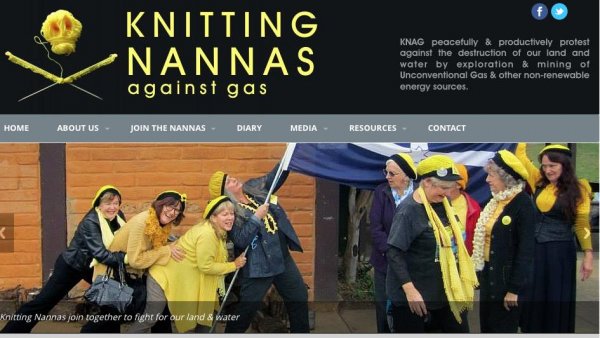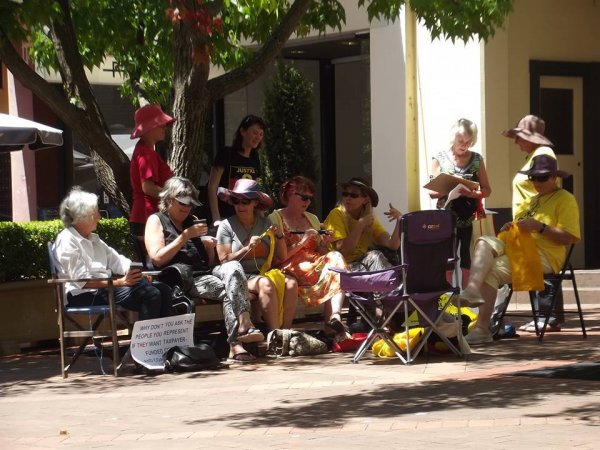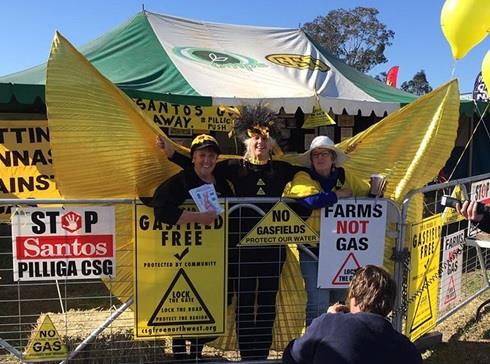In recent years, democracies have undergone a number of significant transformations. On the one hand, they are characterized by a growing citizen distrust in formal institutions of politics, such as political parties.
On the other hand, we observe the rise of new forms of political participation, and small p politics in everyday contexts driven in part by new information and communication technologies. A growing body of research shows that citizens may have lost faith in the formal politics, but they get involved in politics in multiple other ways.
These political transformations invite us to think outside of the (ballot) box and view democracy in different terms. When we look beyond elections and party politics we can see a multiplicity of new sites of politics, new actors, and new forms of expressing dissent in contemporary democracies.
These political transformations invite us to think outside of the (ballot) box and view democracy in different terms.
Citizens are relying less and less on their elected representative or traditional political institutions for representation and action. Instead they take the issues in their own hands, and mobilize communities to achieve political goals.
When formal politics fail, citizens practice democracy in informal sites: in the social media sites, at streets and public parks, or right in their kitchen, as has been the case with the Kitchen Table Conversations.
In these informal sites and everyday contexts, it is usually the issues that bring people together and enable their collective action, rather than ideologies or grand narratives of left and right as it has once been the case. What is particularly exciting about the issue-driven politics is that citizens often put their ideological differences aside and build new alliances in search of new solutions to various pressing issues.
They engage with the issues that affect them personally and they do so in their own way and creatively. The issues that mobilise citizens vary; they might be small and local, like building a new playground, or big and global, like addressing climate change.
The issues that mobilise citizens vary; they might be small and local, like building a new playground, or big and global, like addressing climate change.
One contested issue that currently divides but also unites various community groups across Australia concerns the fracking or natural gas extracted from coal seams. Our ongoing research project on this controversy reveals some of the most creative ways ordinary individuals engage with politics, both online and offline, beyond the limits of the ballots and representative agents.
The champions of new politics are not only the young people
Young people are often understood to be the most active drivers of desirable democratic change both in Australia and elsewhere. But the champions of new politics are not only the young people. One powerful example of this type political engagement comes from our research on the Australian based ‘Knitting Nannas Against Gas’ (KNAG)—a group of mainly elderly women protesting coal seam gas exploration, in positive, creative, and fun way.
As they put it on their website, the nannas seek to challenge the ‘public misconception that political activists and protesters are young, unwashed and unemployed or unemployable’
Never underestimate the power of women with knitting skills!
KNAG was first formed in June 2012 as a small group of ‘nannas’ from the Northern Rivers area of New South Wales protesting against the unconventional gas mining in the region. Today there are around 40 regional groups across Australia. Members of the KNAG meet regularly every week outside of their local politician’s office, cafes or rallies and knit together. They also stage ‘knit-ins’ at exploration and mining sites.

Image from KNAG website, demonstrating the group’s characteristically fun and humorous style
We have been studying a group of KNAG women in relation to our ongoing research on the politics surrounding the proposed coal seam gas (CSG) project near Narrabri, in North West NSW, Australia. The Narrabri Gas project is one of the ‘most-protested against gas development’ in recent times.
It is being opposed not only by environmental advocates, but by all kinds of everyday Australians, particularly women of all ages. Our research suggests that women at the local level have been particularly active and influential in mobilizing collective action against coal seam gas.
Expressing female dissent through knitting
In their weekly meetings, we observed how members of KNAG gather and sit and knit outside popular cafes, in the market place, on the highways and the Deputy PM, Barnaby Joyce’s electoral office in Armidale.

A group of KNAG during their weekly meeting in the Armidale Mall. Photo: Facebook
When they meet KNAG members knit yellow scarfs, beanies, crochets, or yellow and black triangles (the sign used by the Lock the Gate Alliance). However there is much more going on here than a group of women sharing wool and knitting patterns. By meeting and knitting together and ‘being present’ they seek to send a political message to their local politicians and broader publics that they are watching out for CSG.
There is much more going on here than a group of women sharing wool and knitting patterns.
One significant way KNAG does this is by making a collective visual statement about their dissent and frustration with the lack of regulation on CSG development in their region. They stage their knitting in strategic locations to attract attention and hold conversations with everyday people.

Knitting Nannas protesting against Santos at AgQuip, Gunnedah in North West NSW
Some may dismiss KNAG activities as crazy meaningless stunts, but KNAG is making a difference in the rural and regional context where they protest. Women, particularly older women, are held in very high regard in regional communities; they are considered the wise sages, and worth listening to.
KNAG members use this nanna image strategically and creatively in their political action. They play on the caricature of old nanna and her wisdom; “if Nanna is upset about CSG, something must be going on here.”
KNAG is not the only group that uses knitting to express dissent. Knitting has long been used to make political as well as feminist statements. It was also central repertoire earlier this year in the Women’s March, where women with self-knitted pink ‘pussy hats’ took the streets in the United States and elsewhere to promote gender equality in the face of the regressive politics of the new Trump administration.
Knitting has long been used to make political as well as feminist statements.
Our research shows that this type of collective visual statement matters, not only for solidary building within the group, but also for enabling social and political change. The KNAG members we interviewed for our project emphasise the importance of visual presence in the public sphere for the change to happen, and the symbolic role knitting plays in this regard. ‘Any change needs to be visual’, notes one of the KNAG members, ‘as people need to see the change happening, otherwise they don’t believe it’s happening’.
Such collective visual statements offer novel ways particularly for the marginalised groups to be heard, or at least to be seen by the formal actors and sites of democracy. They also show the crucial role small p politics can play in enabling broader inclusion and facilitating democratic renewal in rural Australia and beyond.




